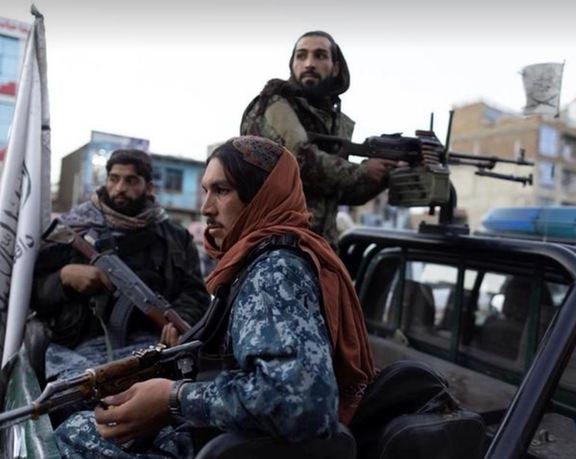UN Reports States Al-Qaeda Infiltrated Taliban Govt’s Institutions in Afghanistan

A UN report has stated that the Al-Qaeda maintains close association with the Afghan Taliban and even has infiltrated the group’s government institutions.

A UN report has stated that the Al-Qaeda maintains close association with the Afghan Taliban and even has infiltrated the group’s government institutions.
The report on global operations of al-Qaeda and Islamic State by the Analytical Support and Sanctions Monitoring Team of the UN Security Council added that al-Qaeda operates secretly in the country to promote the Taliban's narrative that Afghan soil is not being used for terrorist purposes.
The report stressed that the infiltration by the Al-Qaeda is backed by high-ranking Taliban officials and the reason behind the secrecy of their close relationship is because of the Taliban's pledge to cut ties with terrorist groups.
According to the UN report, Afghanistan “remained a place of global significance for terrorism, with approximately 20 terrorist groups operating in the country.” The goal of these terror groups is to “spread their respective influence across the regions and to build theocratic quasi-state entities”, the report said.
The UN report also added that Al-Qaeda uses Afghanistan as an ideological and logistical hub to recruit new fighters while “covertly rebuilding its external operations capability”, and the group has set up new training centres in Kunar and Nuristan provinces.
According to a new report by the UN Security Council, Al-Qaeda’s capability to conduct large-scale terror attacks “remains reduced while its intent remains firm”.
In June this year, even the Long War Journal, an American media outlet, reported that a number of Al-Qaeda members were working as key managers in the Taliban's administration.
It specified names of the deputy director of the Taliban's intelligence department, the training director of the Defence Ministry, the governor of Kapisa and Nuristan as al-Qaeda operatives in the Taliban's administration.
According to the survey, member states assessed that Al-Qaeda is likely to remain inactive in the short term while developing its operational capability.
In its report, the UN Security Council noted that Al-Qaeda leaders are seeking to strengthen cooperation with regional terrorist groups in Afghanistan. Al-Qaeda is also working to strengthen cooperation with non-Afghan terror groups such as the Islamic Movement of Uzbekistan (IMU), Turkistan Islamic Party (TIP) and Jamaat Ansarullah.
One member state in the report assessed that Al-Qaeda's medium-to-long-term prospects depend on the overall situation in Afghanistan. Accordingly, if stability is achieved in Afghanistan, Al-Qaeda is likely to seek to transfer its core to other countries, such as Yemen or North Africa.
Based on the assessment of one member state, the report pointed to the possibility of a merger between Al-Qaeda and the TTP too. According to these observations, Al-Qaeda members are cooperating with the TTP to carry out further attacks inside Pakistan.